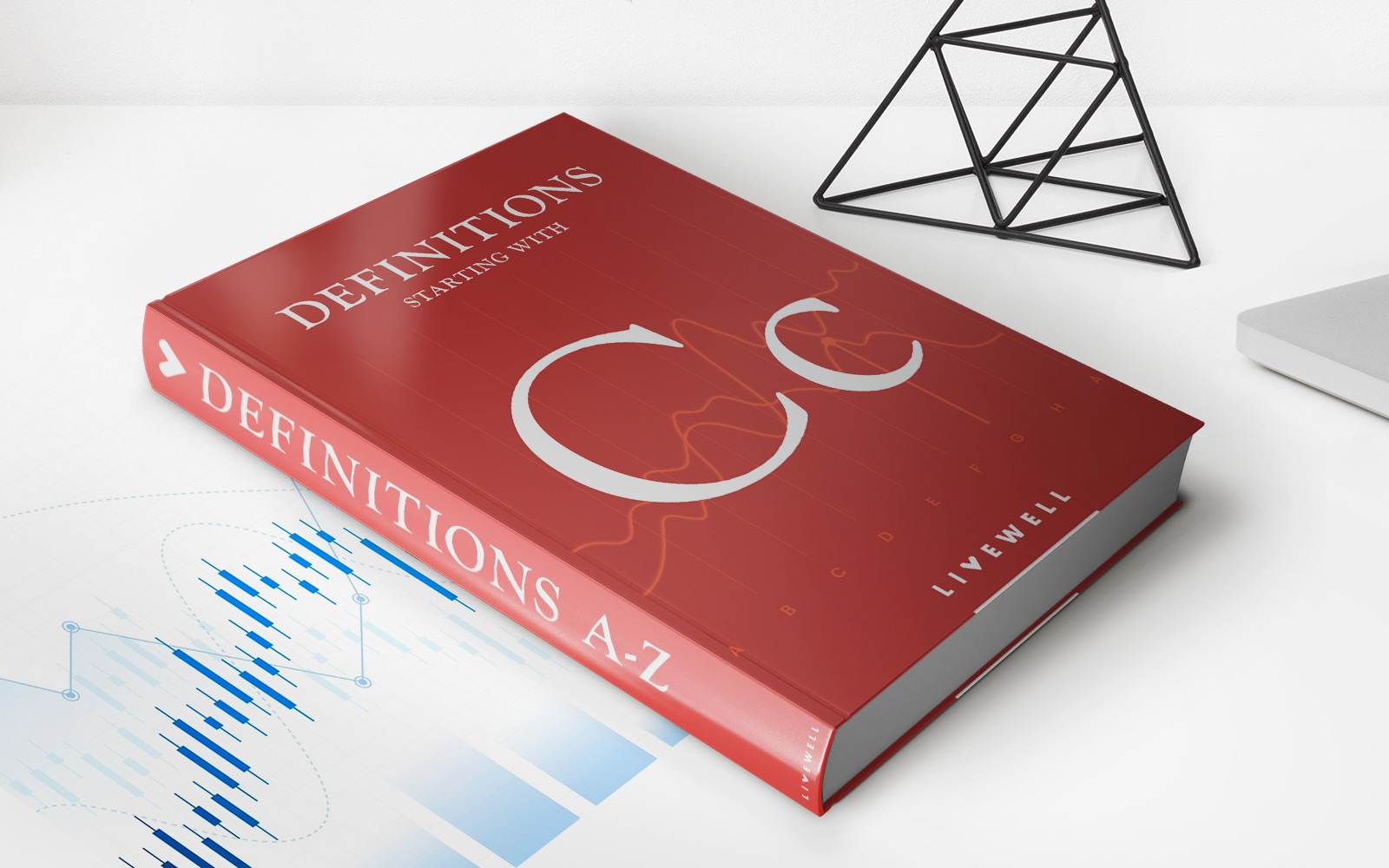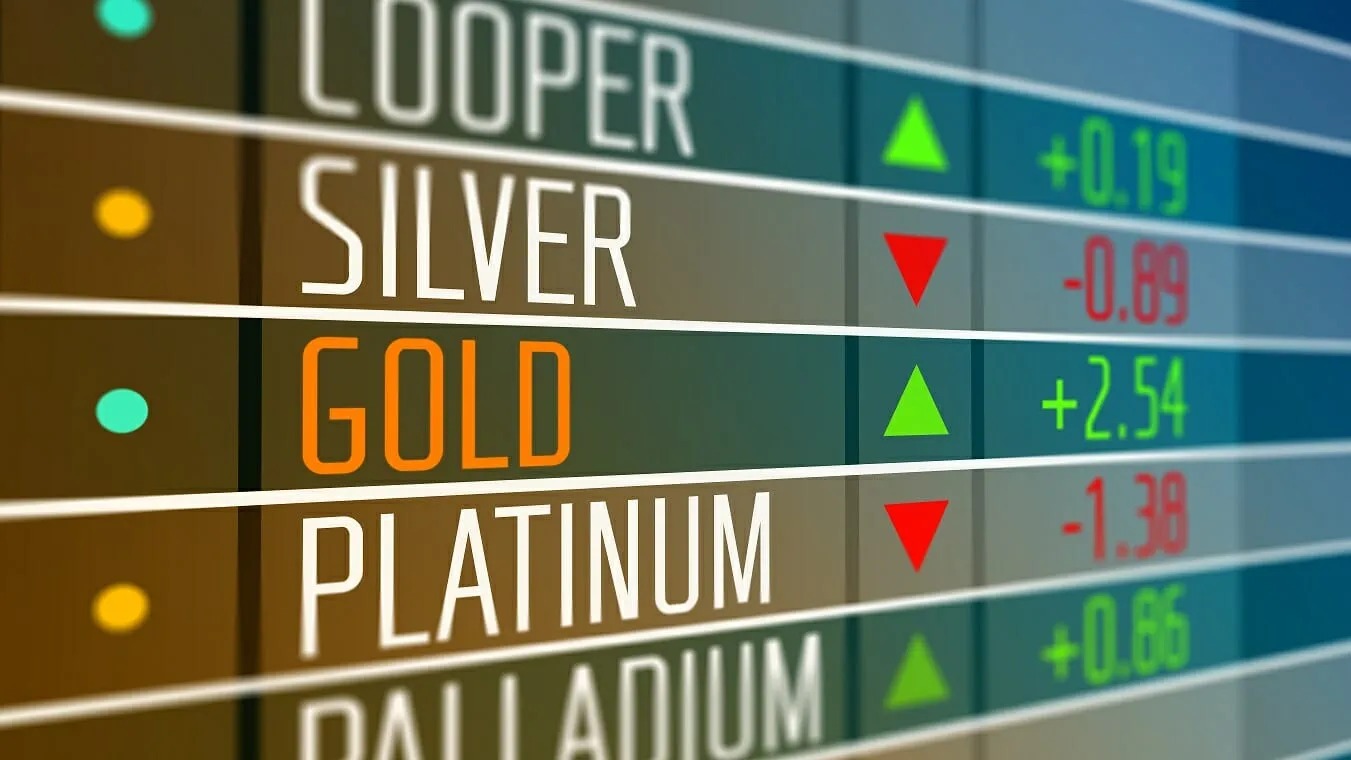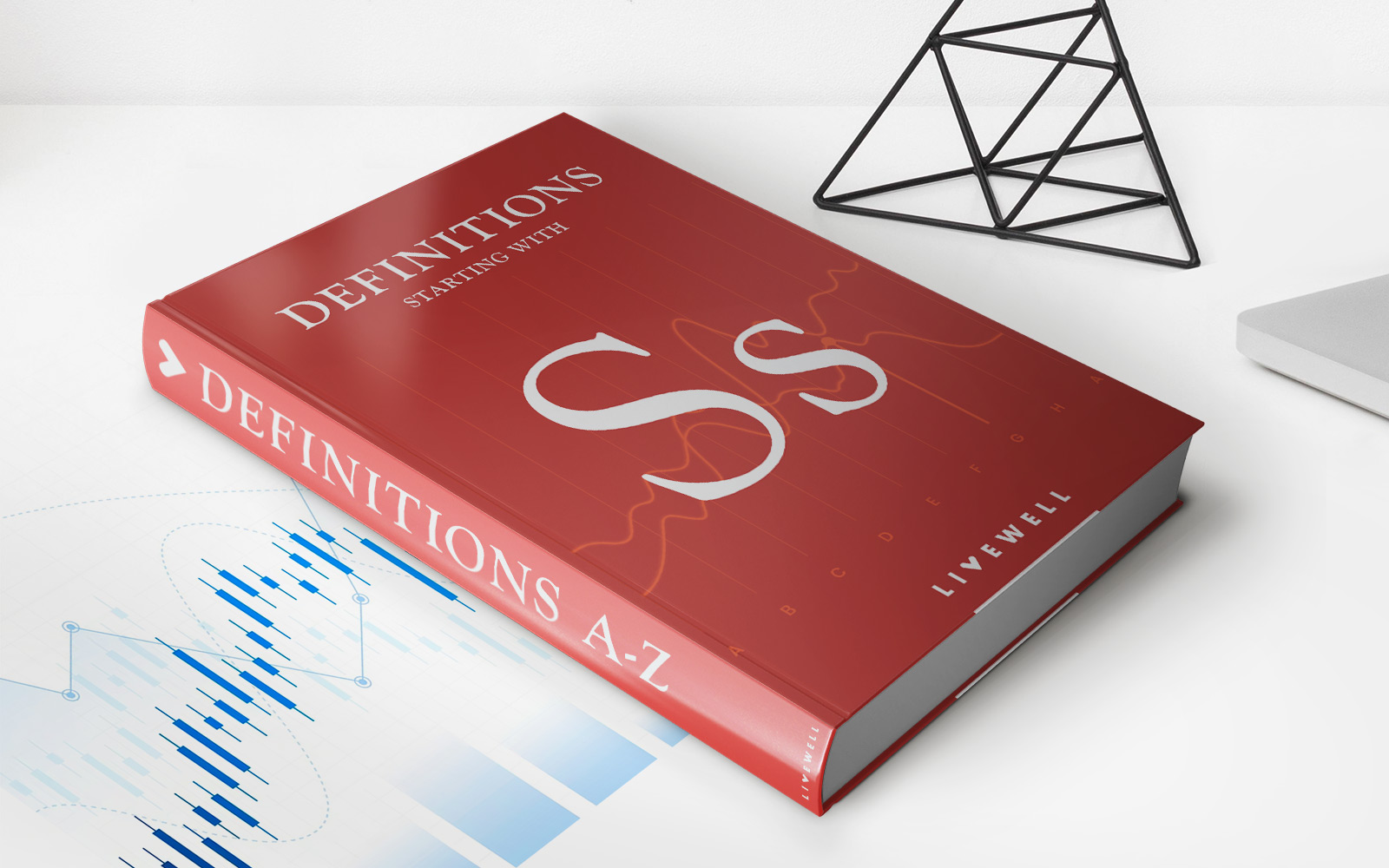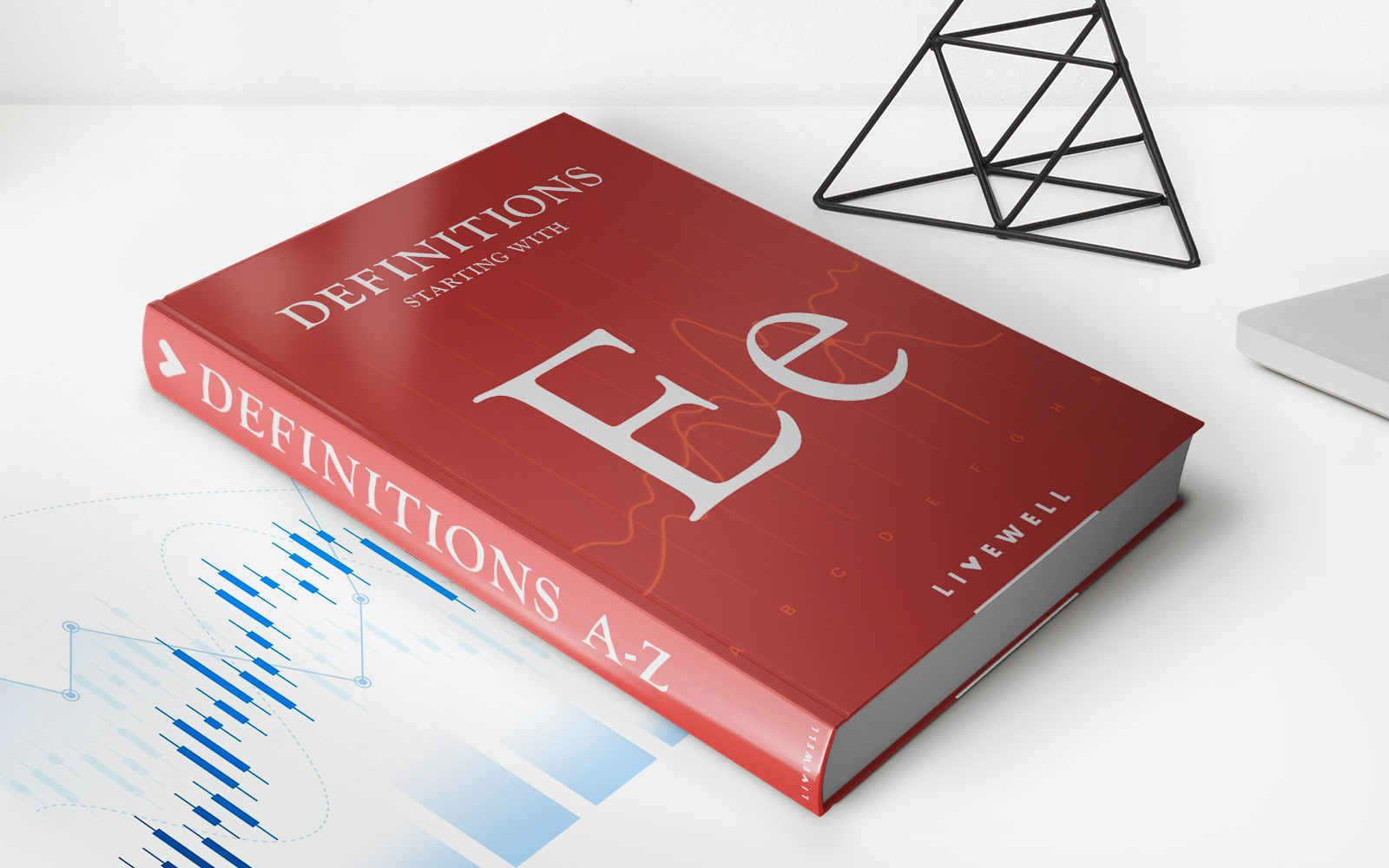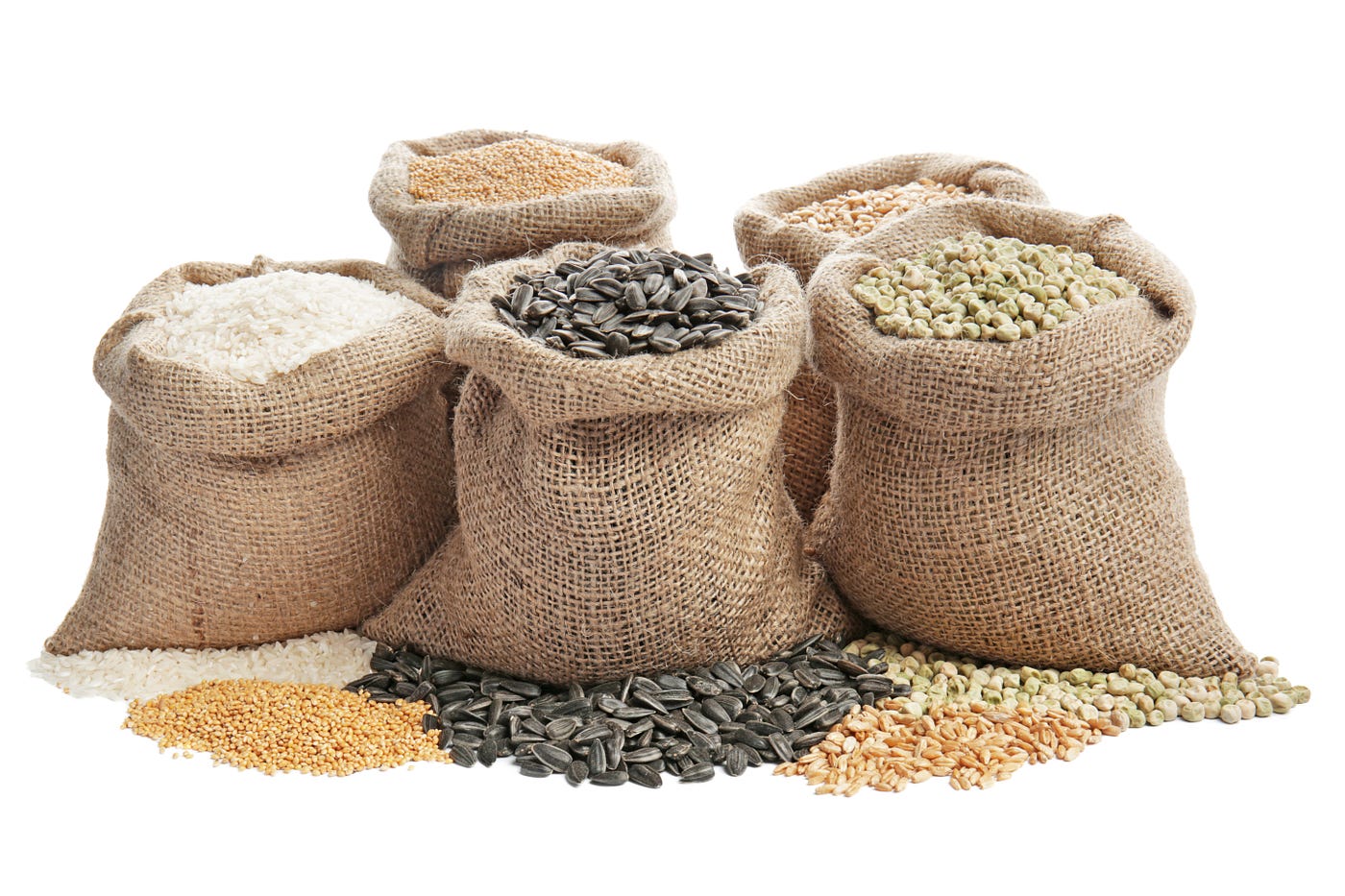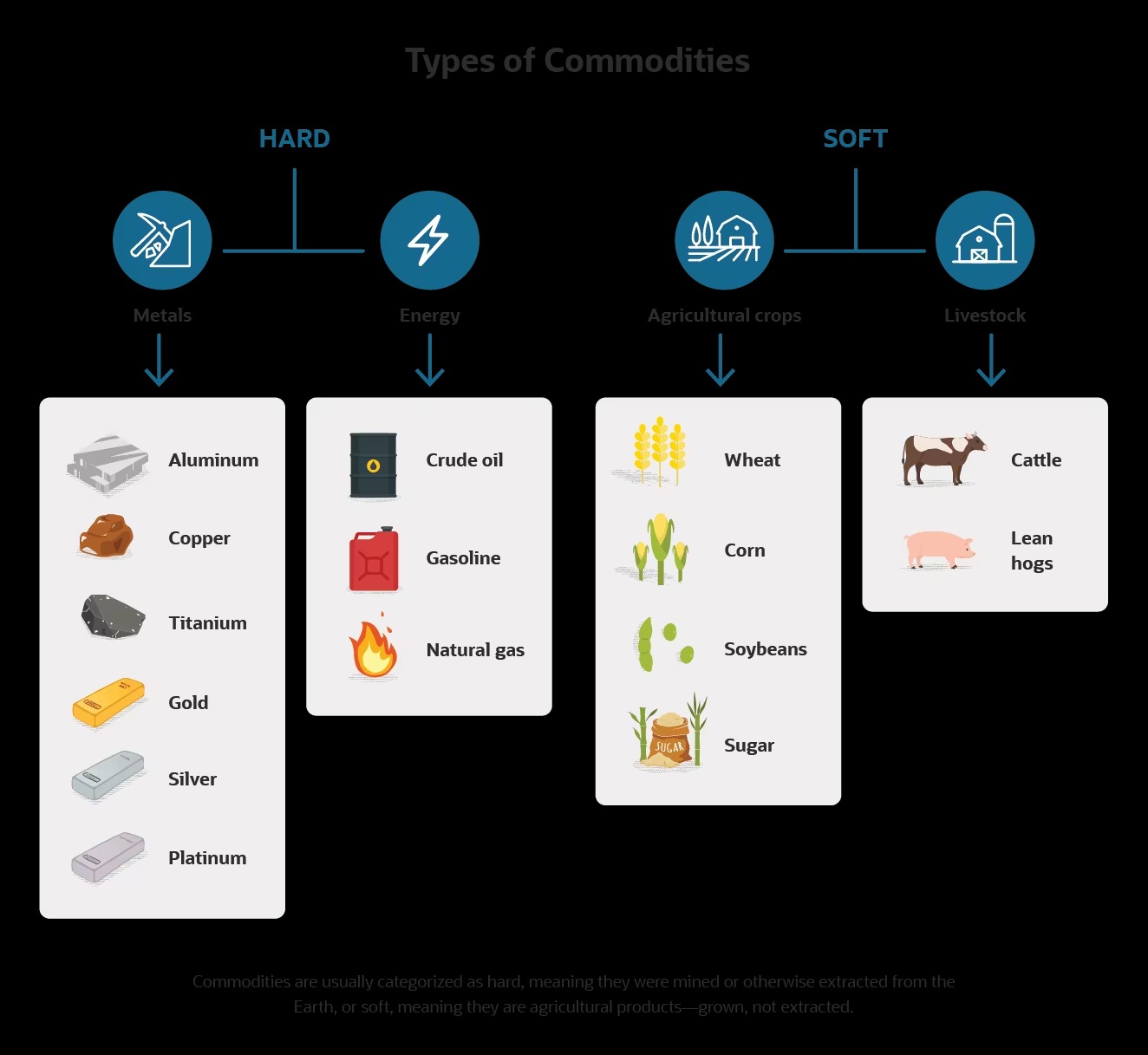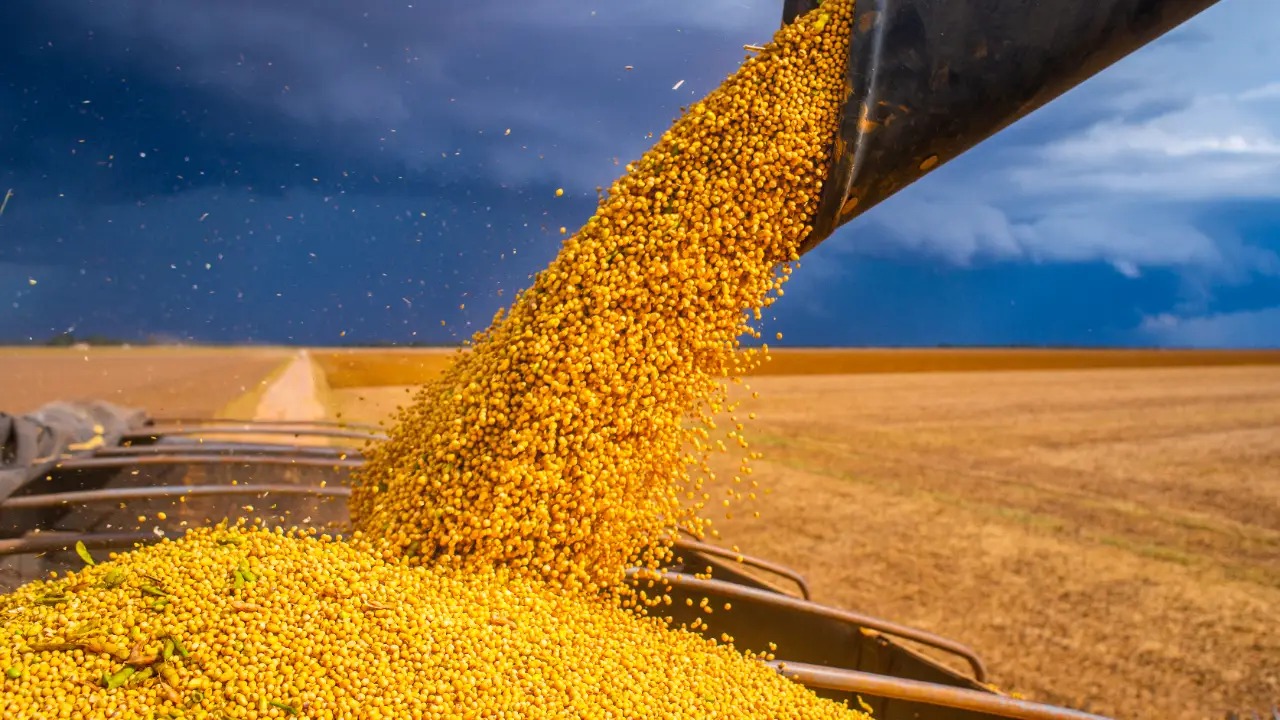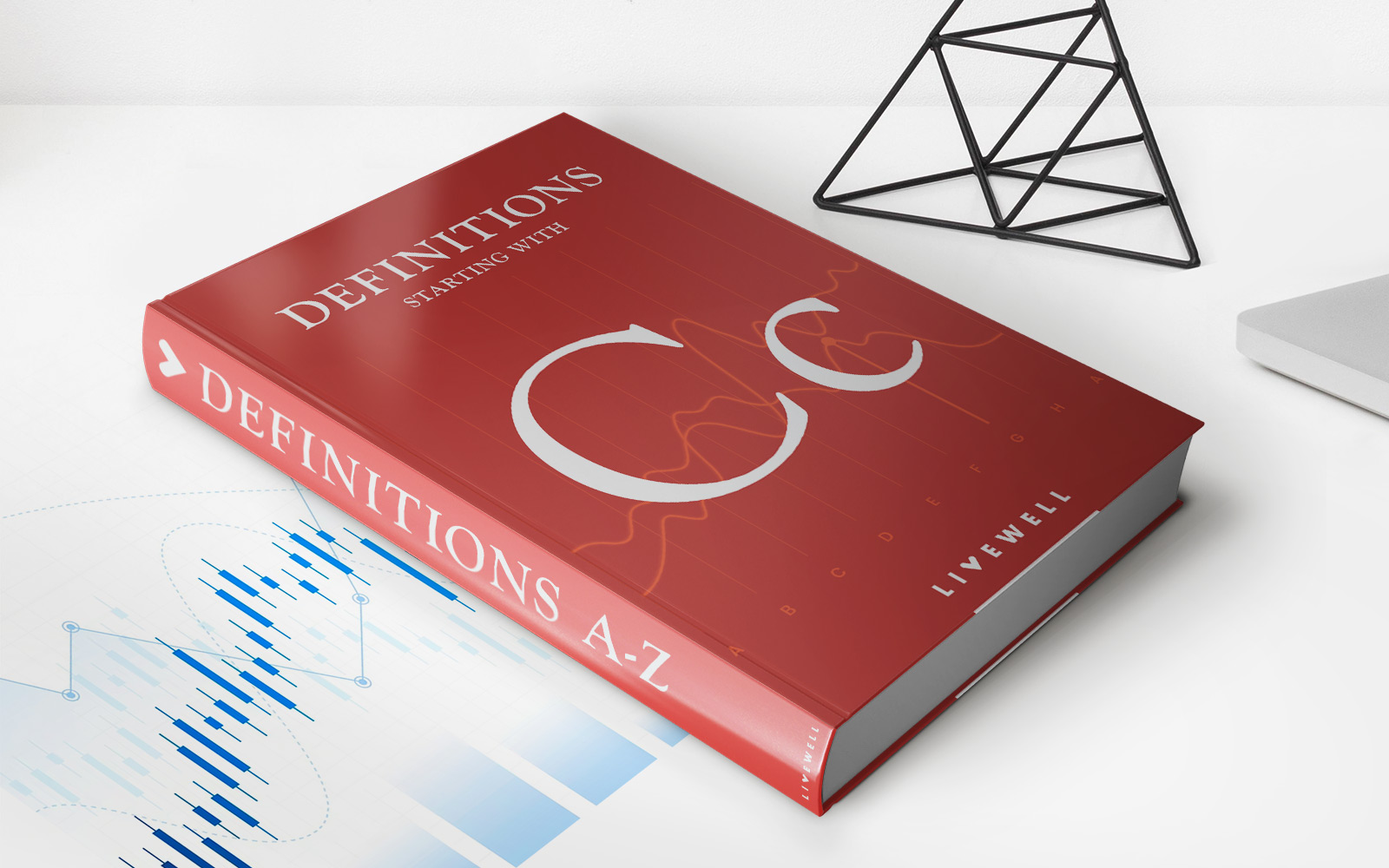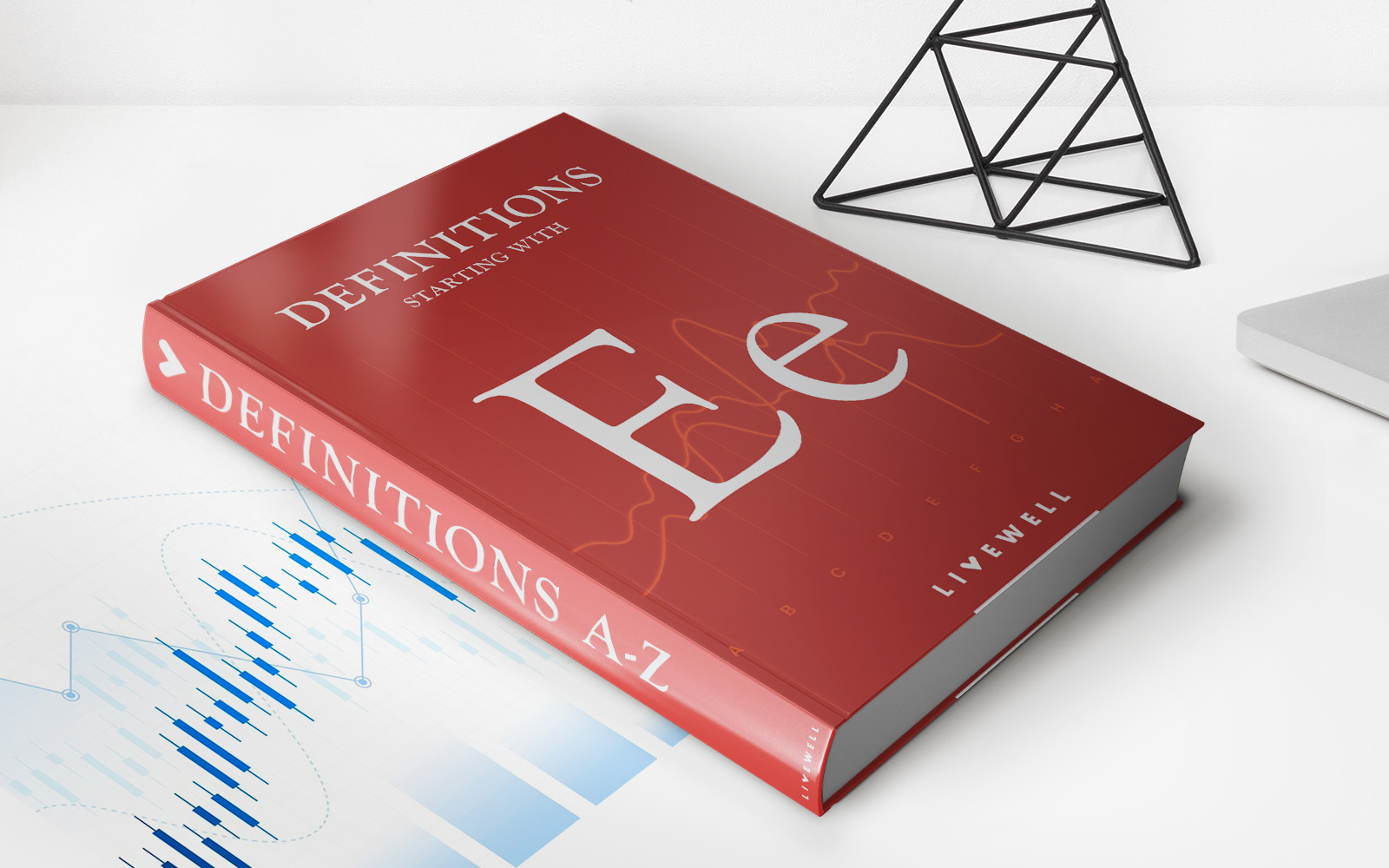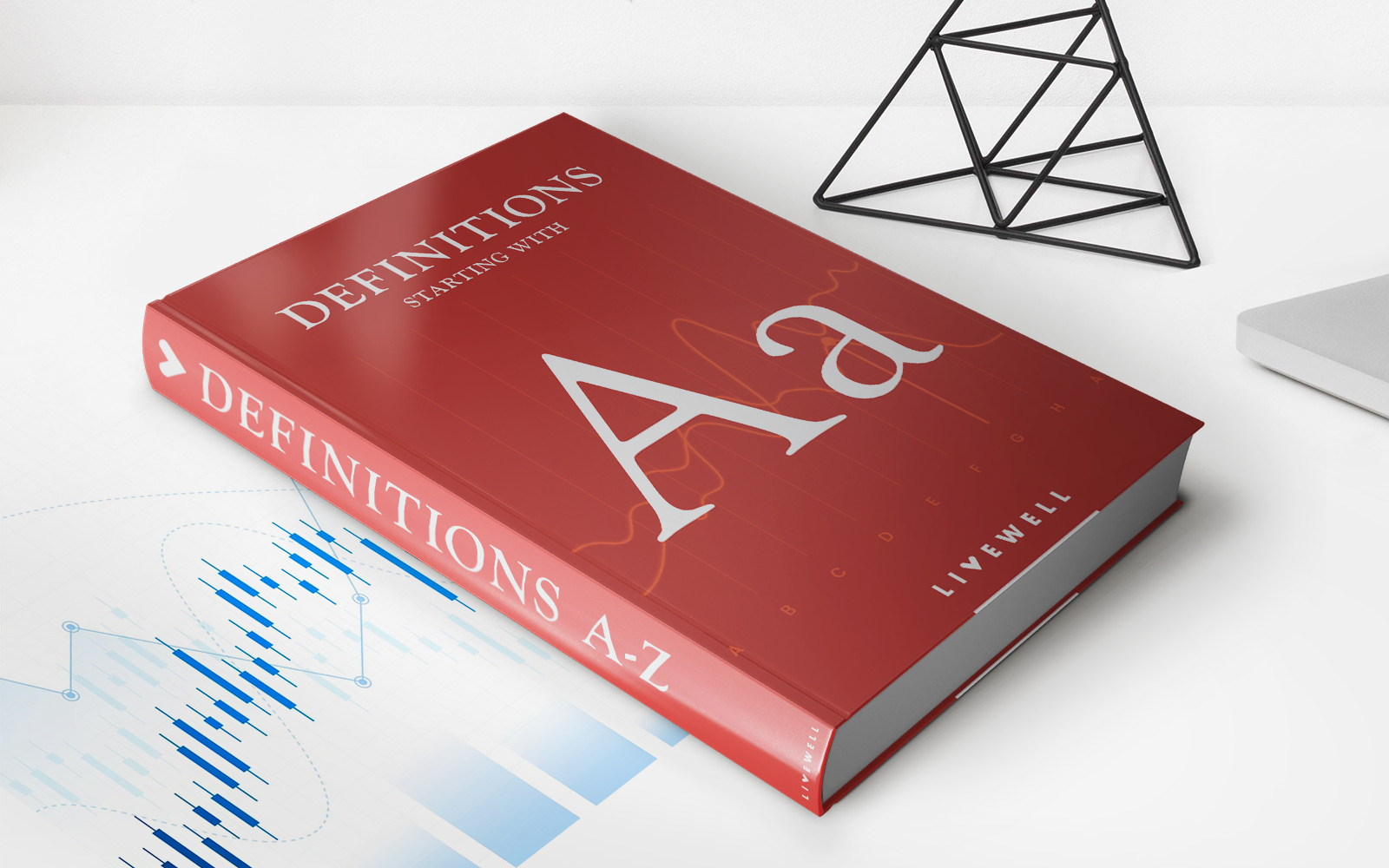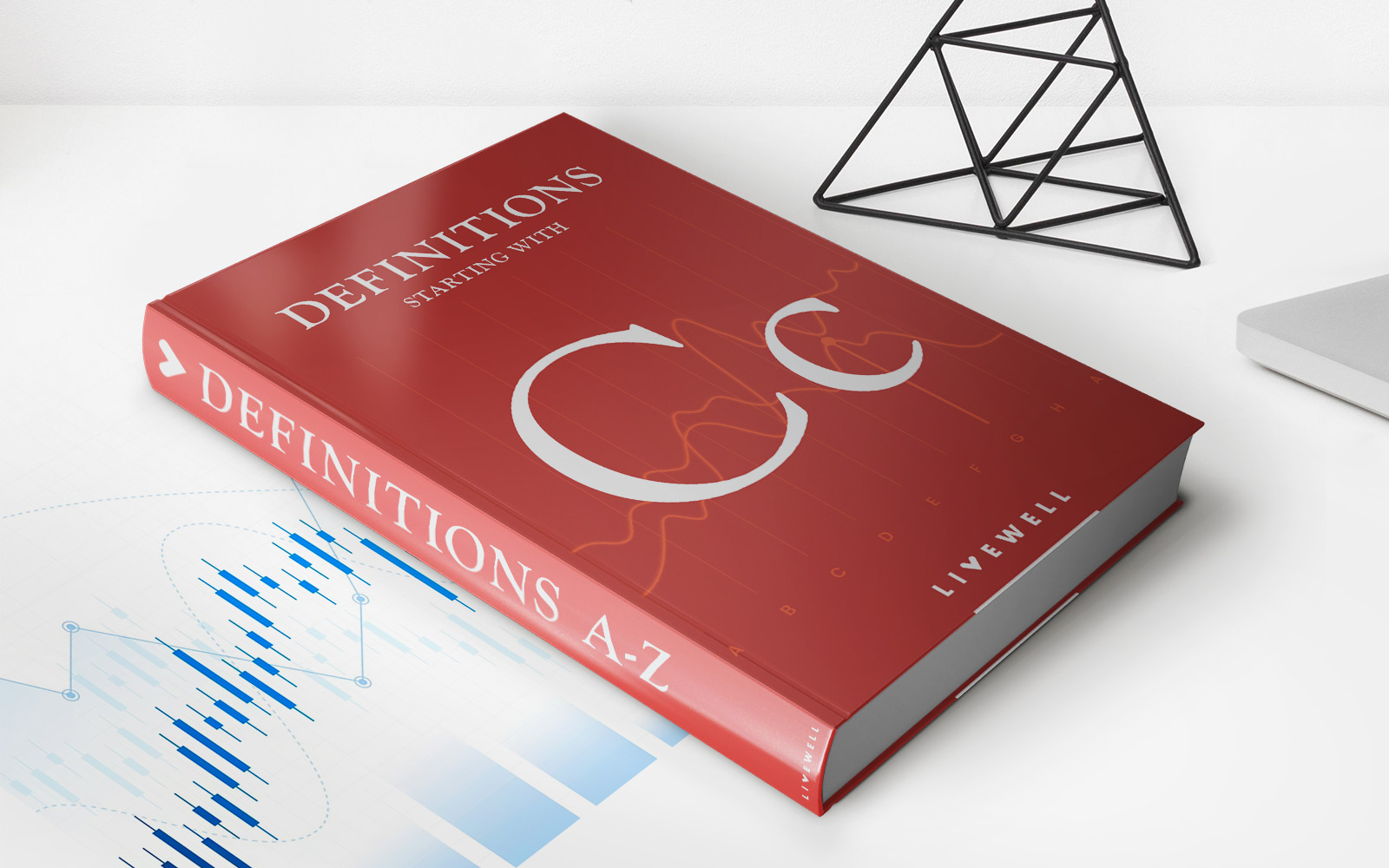

Finance
Cash Commodity Definition
Published: October 24, 2023
Learn the cash commodity definition in finance and understand how it impacts the financial markets. Master the concept of cash commodities with our comprehensive guide.
(Many of the links in this article redirect to a specific reviewed product. Your purchase of these products through affiliate links helps to generate commission for LiveWell, at no extra cost. Learn more)
Welcome to the World of Finance: Understanding Cash Commodity Definition
When it comes to navigating the vast landscape of finance, understanding key concepts and definitions is essential. Today, we’ll dive into the intriguing world of cash commodities and unravel the mysteries surrounding this corner of the financial market. So, are you ready to expand your financial knowledge? Let’s get started!
Key Takeaways:
- Cash commodities are physical goods that are traded in the market for immediate delivery.
- These commodities include products such as agricultural produce, precious metals, energy resources, and more.
First things first, let’s answer the burning question: what exactly is a cash commodity? In simple terms, a cash commodity refers to a physical good or product that is bought or sold in financial markets for immediate delivery. This means that when you trade a cash commodity, you are dealing with real products ready for immediate exchange.
Cash commodities encompass a wide range of goods, including but not limited to agricultural produce such as wheat, corn, and soybeans, precious metals like gold and silver, energy resources such as crude oil and natural gas, and even items like livestock or lumber.
Now that we’ve defined cash commodities, let’s take a closer look at why they hold such significance in the financial world:
1. Hedge against Inflation and Economic Uncertainty:
Investing in cash commodities can act as a hedge against inflation and economic uncertainty. This is because the value of many cash commodities tends to rise during periods of high inflation or economic instability. By holding cash commodities in your investment portfolio, you could potentially protect yourself from inflationary pressures and volatility in the financial markets.
2. Diversification Opportunities:
Adding cash commodities to your investment mix allows for broad diversification. As they often have a low correlation with traditional asset classes, such as stocks and bonds, cash commodities can help balance your overall investment portfolio and potentially reduce risk. This diversification could enhance returns and provide a cushion during turbulent times in the markets.
Here are a few more key points to keep in mind when exploring the world of cash commodities:
- Unlike other financial instruments, cash commodities require physical delivery. This sets them apart from futures contracts or exchange-traded funds (ETFs).
- Cash commodities are subject to supply and demand dynamics, weather conditions, geopolitical events, and other factors that can influence their prices.
- Trading cash commodities can be done through various channels, including commodity exchanges, over-the-counter (OTC) markets, or through specialized brokers.
As with any investment, it’s important to conduct thorough research, consult with financial professionals, and understand the risks involved before venturing into the world of cash commodities. With careful planning and the right knowledge, cash commodities can offer exciting opportunities for investors looking to diversify their portfolios and navigate the ever-changing financial landscape.
So, are you ready to explore the world of cash commodities? Start by researching and understanding the specific commodities that pique your interest. Happy investing!
